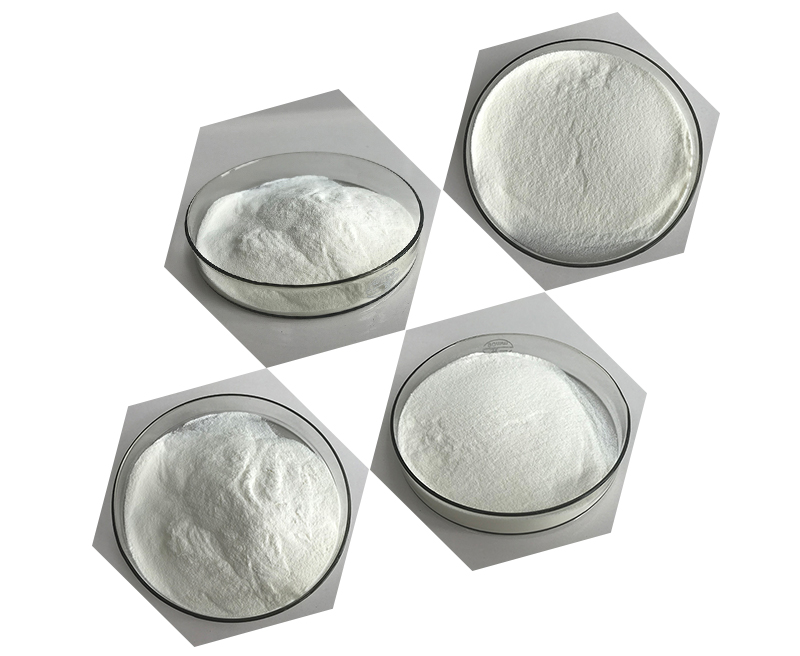Collagen and Polypeptides are both types of proteins, but they have distinct characteristics and functions. Here’s a breakdown of the differences:
1. Structure:
- Collagen: Collagen is a specific type of protein that is primarily made up of long, tightly coiled chains of amino acids, primarily glycine, proline, and hydroxyproline. It has a triple helix structure, where three polypeptide chains are wound together to form a strong, rope-like structure. This unique structure makes collagen particularly strong and stable.
- Polypeptides: A polypeptide is a chain of amino acids linked together by peptide bonds. It can vary greatly in size and structure. Polypeptides don’t necessarily have the same structural organization as collagen and can form various three-dimensional structures depending on the sequence of amino acids. Polypeptides are the building blocks of proteins, and proteins can consist of one or more polypeptides that fold into specific functional shapes.

2. Function:
- Collagen: Collagen is mainly found in connective tissues such as skin, bones, tendons, and cartilage. It provides structural support, strength, and elasticity to tissues. It’s a major component of the extracellular matrix in animals and plays a vital role in tissue repair and regeneration.
- Polypeptides: Polypeptides can function as proteins that serve a variety of roles in the body, including enzymes, hormones, antibodies, and structural components. Their function is determined by the specific amino acid sequence and the three-dimensional shape they adopt once folded.
3. Size:
- Collagen: Collagen molecules are relatively large, with each collagen molecule being a complex structure made up of multiple polypeptide chains. The whole collagen molecule can be quite large compared to a single polypeptide.
- Polypeptides: Polypeptides can range in size from small (a few amino acids) to large (hundreds or thousands of amino acids). A protein can be made up of one or more polypeptide chains.
4. Source:
- Collagen: Collagen is typically sourced from animals, and in humans, it is naturally produced in the body. It can also be found in various collagen supplements, often derived from animal tissues like bovine (cow), porcine (pig), or marine (fish) collagen.
- Polypeptides: Polypeptides are synthesized in the body as part of the process of protein production. They can also be artificially synthesized in laboratories for use in various scientific and medical applications.

5. Composition:
- Collagen: Collagen has a specific amino acid composition, with a high content of glycine, proline, and hydroxyproline, which are critical for the formation of its unique triple-helix structure.
- Polypeptides: Polypeptides can be made from any combination of amino acids, with varying sequences and structures. Their specific composition dictates their final shape and biological function.
In summary, collagen is a structural protein made up of polypeptide chains that form a distinctive triple-helix structure, while polypeptides are chains of amino acids that can fold into functional proteins, including but not limited to collagen.
